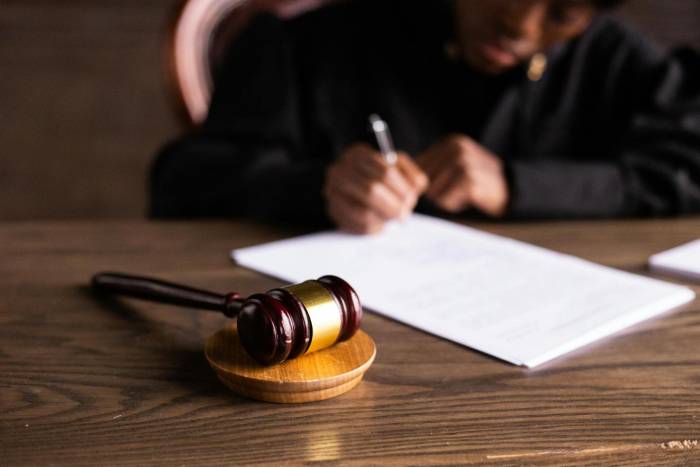The Canadian criminal trial process presents substantial challenges to those who need to understand it. Understanding each stage becomes essential for protecting your rights and achieving a fair trial. The Criminal Code of Canada defines the legal structure that guides these court proceedings.
The Canadian criminal justice system presents you with a complicated process after you face criminal charges. The criminal process, starting with arrest, progresses through various stages that produce significant consequences.
Understanding these phases helps you make wise choices while actively defending yourself. The Criminal Code of Canada specifies all necessary procedures and protective measures to preserve justice throughout this process.
Initial Stages: Arrest and Bail
The start of your criminal justice system involvement starts with being arrested. After an arrest, you receive two essential rights: to remain silent and to contact legal counsel. The practice of these rights protects you from self-incrimination. Police detain you for bail proceedings that usually take place within 24 hours following your arrest. A judge makes the critical decision at the hearing to determine whether you will stay in jail until trial or receive release before your trial date. Working with expert Toronto criminal lawyers specializing in bail cases will substantially affect the judge’s decision at your hearing.
Your release from detention depends on the seriousness of the offence, your criminal history, and court attendance reliability. The Criminal Code’s 515 and 516 establish legal procedures that maintain fairness and consistency throughout these proceedings.
Disclosure and Pre-Trial Proceedings
After the first stages, the Crown prosecutor must provide your defence team with all essential evidence. The disclosure process lets you grasp the evidence against you to develop a strong defence strategy.
The pre-trial conference provides an opportunity to resolve procedural issues, explore resolution options, and simplify the upcoming trial process.
When dealing with severe criminal offences, a preliminary inquiry determines if there is enough evidence to proceed with trial proceedings. The procedure includes multiple stages to maintain efficient and fair trial proceedings.
The Trial: Evidence and Testimony
The Crown takes the initial step in a trial by presenting evidence through witnesses to establish your guilt beyond what a reasonable person could doubt. Your defence team can cross-examine these witnesses to dispute the evidence the Crown has submitted.
The law lets you stay silent, so you do not need to speak during your defence. You can exercise your right to submit evidence and call witnesses to support your defence. The Criminal Code establishes evidence rules that determine what court evidence can be considered to prevent unreliable information from shaping the verdict.
Verdict and Sentencing
Both legal parties present their evidence to the judge or jury before a verdict is reached through deliberation that results in either guilty or not guilty. After guilt determination, the court organizes a sentencing hearing to evaluate offence severity, defendant conditions, and additional elements that might increase or reduce sentencing severity.
The Criminal Code sets sentencing rules that lead to penalties, including monetary fines, community work, and jail time, according to the level of offence gravity.
The Canadian legal process for criminal trials requires complete comprehension for those dealing with criminal charges. All phases, from your arrest until your sentencing, will impact your future direction. Getting professional legal help gives you both protection of your rights and the ability to handle this complicated system properly.
Featured Image Source: https://www.pexels.com/photo/judge-signing-on-the-papers-6077447/
